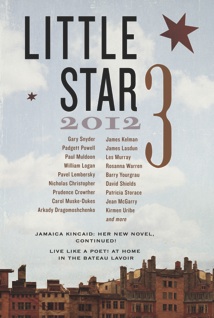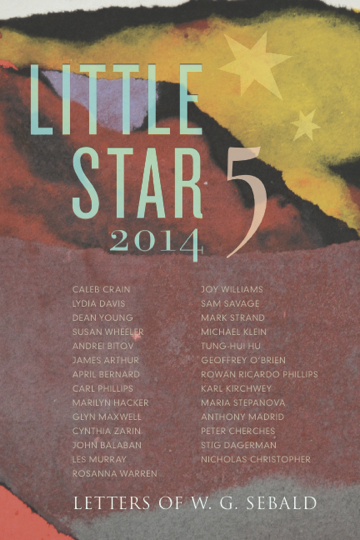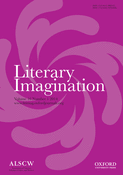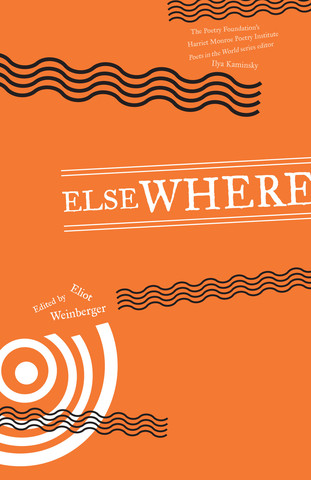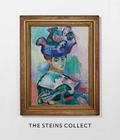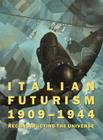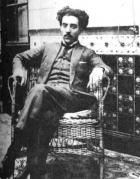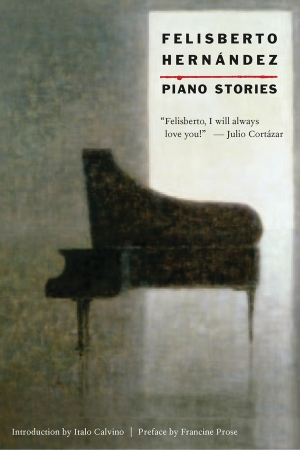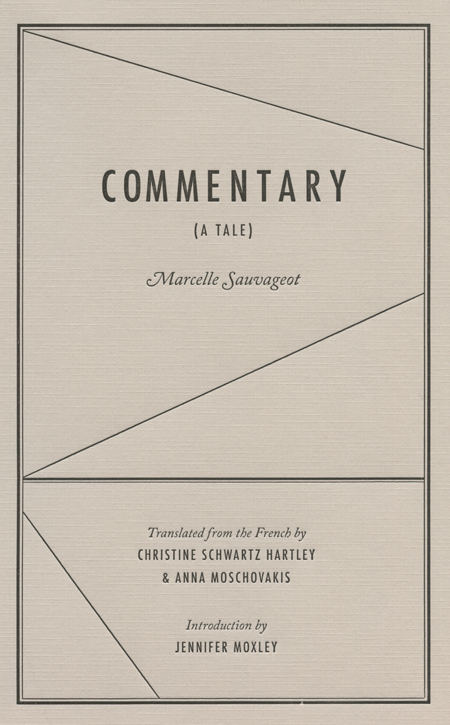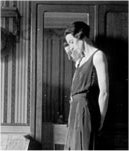In February 1912, the newly fledged Futurist painters (Giacomo Balla, Umberto Boccioni, Carlo Carrà, Luigi Russolo, and Gino Severini—those who had signed the first two Futurist manifestos of painting), led by the poet and publicist Filippo Tommaso Marinetti, had held their first Parisian exhibit, at the Galerie Bernheim, provoking several tart articles by Apollinaire. The tiresome jockeying for the lead in the avant-garde intensified, stimulated by the Futurists’ brashness. The Italians were only weak imitators of Picasso and Derain, Apollinaire declared in L’Intransigeant; in Le Petit Bleu he quoted their claim “to have taken the lead in the movement of European painting,” and replied, “It’s idiotic…
♣ Scroll down for special offer!
.
One hardly dares pronounce a judgment on such stupidity.” A few months before, Ardengo Soffici had written to Picasso from Florence to announce the birth of the journal Lacerba. Soffici had come to blows with the Futurists two years earlier when Boccioni, Marinetti, and several friends took the train from Milan to Florence to punch Soffici, whom they had never met, as he sat in a café, in retaliation for his criticism of Futurism in the august Florentine journal La Voce. But in the course of explaining themselves and arguing esthetics at the police station where they’d been dragged in front of the mystified commissioner, they had found surprising common ground. Now Soffici and his old collaborator Giovanni Papini had quit La Voce and joined forces with Marinetti in launching Lacerba, meant to lead a cultural revolution in Italy. (It was named for a work by the fourteenth-century writer Cecco d’Ascoli, L’Acerba, The Bitter One, an attack on Dante.) Full of fire and brimstone, Lacerba maintained a contradictory stance toward French art, on the one hand attacking it violently and asserting Futurist supremacy, on the other publishing writers in French (like Jacob and Apollinaire) and constantly referring to French writers, artists, and theories. The awkward fact was, Modernism had begun in France. (Marinetti had never lived for any extended period in France, but had been educated in French schools in Alexandria, while Soffici had lived for years in Paris, knew all the contemporary artists there, and contributed to the major avant-garde journals.)
Jacob was only too happy to accept Soffici’s invitation. He wrote in April 1913, from Céret, and again several times in May, sending verse and prose poems, and securing Kahnweiler’s permission to reprint excerpts from Saint Matorel. His first publication in Lacerba, the poem “Établissement d’une communauté au Brésil” (Establishment of a Commune in Brazil), followed a couple of pages later by a drawing by Picasso, appeared in mid-June, just as Picasso and Jacob were taking a quick trip to Spain to see bullfights. The poem, in fanciful rhyming alexandrine couplets, is one of Jacob’s most accessible, an allegory of a utopian Catholic commune in the jungle in Brazil, where even wild animals become mystically tame before the settlement is massacred by savages. So, concludes the poem’s speaker, he had been living a life of innocent love, piety, and prayer,
“Mais le rire cruel, les soucis qu’on m’impose,
L’argent et l’opinion, la bêtise d’autrui,
Ont fait de moi le dur bourgeois qui signe ici.”
(But cruel laugher, the worries heaped on me,
Money and scandal and others’ stupidity
Have turned me into the hard bourgeois whose name you see.)
Not one of Jacob’s best poems, it reveals another version of the mythic self he was evolving; the sense of himself as hardened (dur) would reappear a few years later in Monsieur Dur, the hero of his novel Filibuth.
In the same issue as Jacob’s poem, Marinetti published an important statement of Futurist poetics, “L’immaginazione senza fili & le parole in libertà” (The Imagination Untrammeled and Words at Liberty). It restated and amplified his literary manifesto of the previous year. Already in “Manifesto tecnico della letteratura futurista” in May 1912, using the phrase parole in libertà (words at liberty), which both Apollinaire and Jacob would take up, Marinetti had called for the destruction of syntax (in syntactically correct sentences); the suppression of adjectives, adverbs, and conjunctions; the elimination of the “I”; the replacement of intelligence by “divine intuition”; and the creation of “the mechanical man with interchangeable parts.” Now, in Lacerba, he let loose a torrent of Futurist demands: for acceleration, novelty, destruction of the past and glorification of the machine, in the service of “a violent and dynamic lyricism.”
In this hysterical context, Soffici presented Max Jacob. He conveys with three piquant anecdotes the already stylized persona of Max Jacob the mystical harlequin of Montmartre. One of the tales, slightly modified from André Billy’s gossip in Le Cri de Paris, relates the Virgin’s scolding Max; She appears outside the Basilica of Sacré Coeur and declares: “Oh! My poor Max, what a loser you are.” Jacob must have run around the cafés of Montmartre entertaining listeners with versions of this encounter. Soffici’s second story mythologizes what must have been, at origin, a humiliating experience and probably not an uncommon one for a homosexual who found his partners by cruising. Jacob was arrested one evening as he emerged from the Café de l’Ermitage, Soffici relates, and dragged down to the police station where the commissioner, “a rigid man,” berated him for “the vices everyone knew him to indulge.” The commissioner was preparing to throw him in jail when the poet opened his mouth. “We never found out exactly what he said, but his words were so sweet, so celestial, full of such virtue, that the commissioner and even his constables had their hearts softened, tears poured down their faces, and they fell to their knees at his feet to adore him.” (As many of his friends intimated, Jacob had his run-ins with the police from time to time, though in the turn-and-turn-about world of official hypocrisy and actual sexual mores, he often found his sexual partners in the ranks of the police. In the short story “Le Haschischin,” Pierre Reverdy describes Jacob’s being locked up overnight and released in the morning: “In the daylight he examined his crumpled clothes, his hat smeared with mud, and rather satisfied after all he methodically assembled his impressions of a first night spent in jail/ So far from Heaven.”) Soffici concluded his introduction with one of Jacob’s fantastical autobiographical sketches of the sort he provided to Kahnweiler for the Matorel series, claiming to have been a sailor before becoming a Parisian writer and dandy…
Read more in Little Star #5 (2014)
Little Star lights up the grey month of March with a Max Jacob extravaganza! Throw away your tiresome time-clocking self and recover your inner harlequin dandy! In Little Star Weekly for the next three weeks we offer the opening chapters of Rosanna Warren’s epochal biography-in-progress, which follows Max’s flight from his stuffy Breton childhood to impoverished bohemian Paris, where, scraping together a living, he found Picasso, Apollinaire, Kabbalism, opium, sexual adventure, and, not least, a new way of writing poetry, with a shifting band of prankster-geniuses who were remaking art for a new century.
We celebrate Warren’s aborning biography, complete with her own peerless translations, with a special Little Star twofer!
Buy two Little Stars for the price of one and follow Max’s adventures from the turn of the century to the brink of war—then order another chapter just now appearing in the March issue Literary Imagination.
Complete your immersion with a bunch of other recent books and exhibitions orbiting around the period:
A volume of translations of Jacob-confrere Pierre Reverdy, from NYRB’s new poetry series, including translations by Rosanna Warren
Elsewhere, a great anthology of international avant-garde poetry of journeying, very much in tune with the poetry of this period and citing Picasso and Apollinaire as guiding spirits, edited by Eliot Weinberger, from the indispensable Open Letter Books
A translation of Apollinaire’s Bestiary by poet X. J. Kennedy
Italian Futurism at the Guggenheim Museum, now through September 1
The Steins Collect, a 2012 exhibition at the Metropolitan Museum of Art on the collecting and patronage of Gertrude Stein, her brothers, and her sister-in-law, with catalogue. Read Michael Kimmelman on the exhibition and catalogue in The New York Review of Books
